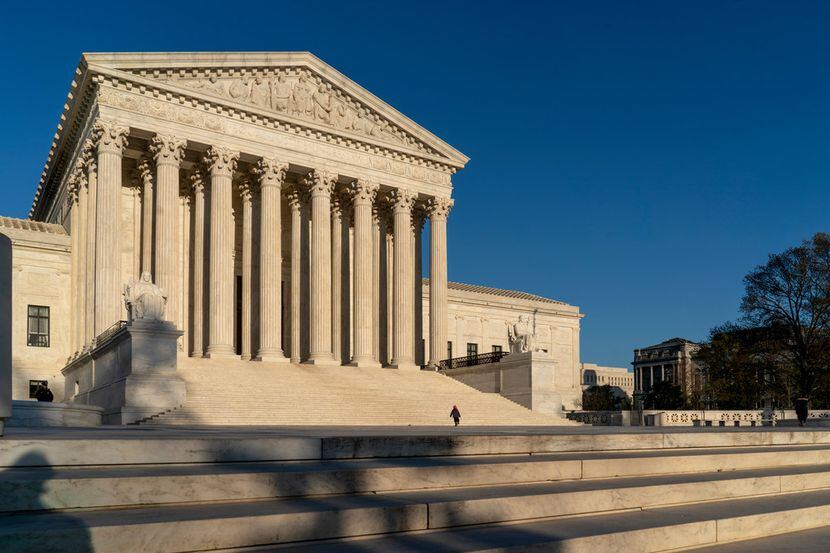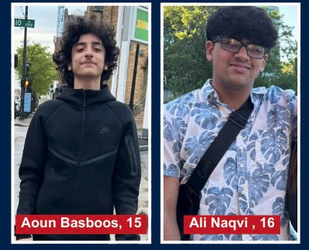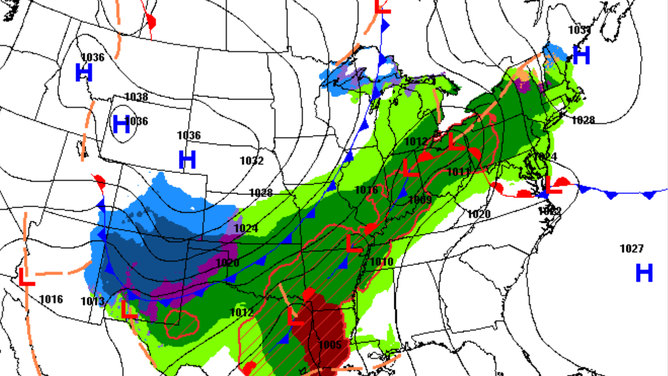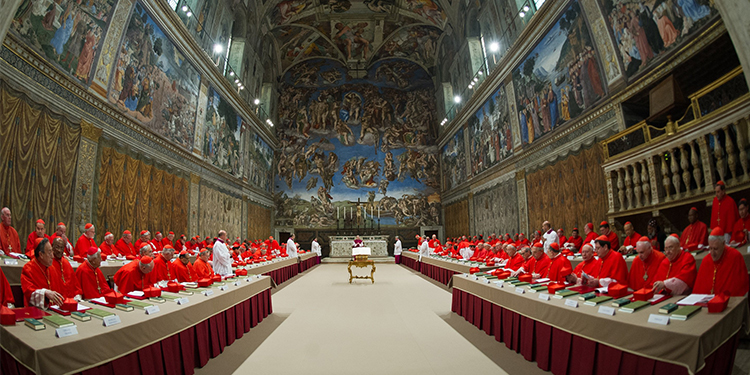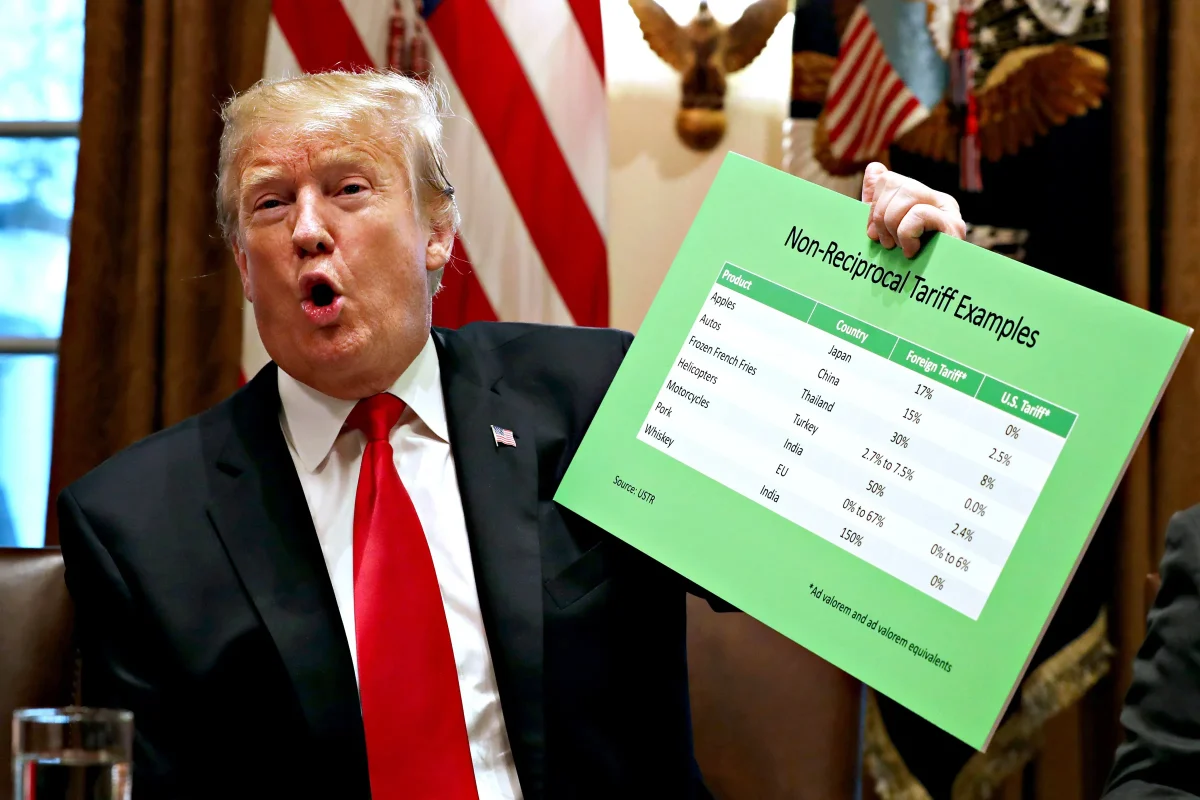Texas’ plans to arrest migrants who enter the U.S. illegally and order them to leave the country is headed to the Supreme Court in a legal showdown over the federal government’s authority over immigration. An order issued Monday by Justice Samuel Alito puts the new Texas law on hold for at least next week while the high court considers what opponents have called the most dramatic attempt by a state to police immigration since an Arizona law more than a decade ago. The law, known as Senate Bill 4, had been set to take effect Saturday under a decision by the conservative-leaning 5th U.S. Circuit Court of Appeals. Alito’s order pushed that date back until March 13 and came just hours after the Justice Department asked the Supreme Court to intervene.
The Justice Department told the Supreme Court that the law would profoundly alter “the status quo that has existed between the United States and the States in the context of immigration for almost 150 years.” It went on to argue that the law would have “significant and immediate adverse effects” on the country’s relationship with Mexico and “create chaos” in enforcing federal immigration laws in Texas. In a statement Monday, the Texas Attorney General’s Office said the state’s law mirrored federal law and “was adopted to address the ongoing crisis at the southern border, which hurts Texans more than anyone else.” The federal government’s emergency request to the Supreme Court came after a federal appeals court over the weekend stayed U.S. District Judge David Ezra’s sweeping rejection of the law. In a 114-page ruling Thursday, Ezra rebuked Texas’ immigration enforcement and brushed off claims by Republicans about an ongoing “invasion” along the southern border due to record-high illegal crossings.
Ezra added that the law violates the U.S. Constitution’s supremacy clause, conflicts with federal immigration law, and could get in the way of U.S. foreign relations and treaty obligations. According to Ezra’s ruling, allowing Texas to supersede federal law due to an “invasion” would “amount to nullification of federal law and authority — a notion that is antithetical to the Constitution and has been unequivocally rejected by federal courts since the Civil War.” Several Republican governors have backed Abbott’s efforts, saying the federal government is not doing enough to enforce existing immigration laws. Some of Abbott’s attempts to impede illegal border crossings have included a floating barrier in the Rio Grande — which Ezra previously blocked and is part of an ongoing legal battle— and placing razor wire along the state’s boundary with Mexico. State guard officers have also blocked U.S. Border Patrol agents from accessing a riverfront park in Eagle Pass that was previously used by federal agents to process migrants. Texas had immediately appealed the ruling, with Abbott fuming: “We will not back down in our fight to protect our state — and our nation — from President Biden’s border crisis.”

